Students say “it goes down” in Speech and Debate
September 21, 2017
Speech and Debate is, to some, the one class where students get to express how they feel. Students are encouraged to express beliefs (sometimes political, sometimes not), even if others do not agree. Lucas Hale, a Senior, remarks, “You can pretty much say what your real opinion is, within reason — especially in a class with that kind of dynamic. The class definitely focuses on the students’ perspectives.”
However, some students prefer to remain neutral. Sophomore Will Brown says, “I want to have a fair argument instead of being dismissed because of some pre-established belief.” Brown has been a part of the class since August. Classmates who have been in the class longer do not appear to have the same concern. Students who have been in the class for over a year become used to the idea of talking in front of others and supporting their ideas.
That being said, students should be ready to cite their information. The question, “What’s your source?” is commonplace in the class whether students are debating a social, local, or national topic. Sources can be dismissed for being too old, too biased, or too obscure or unheard of.
Others admit that the class can be intimidating for shy people. According to sophomore Jalena Roberts, “The more talkative a person is, the more attention they get — however, when a shy person does talk, everyone listens.”
Learning the structure can be difficult. Hale also said, “It took me a while to learn the rules because I joined the class later in the year .” Other students counter that statement by stating that it is just like any other class: it takes time to get used to.
With all this in mind, most students agree that “it goes down” in Speech & Debate.

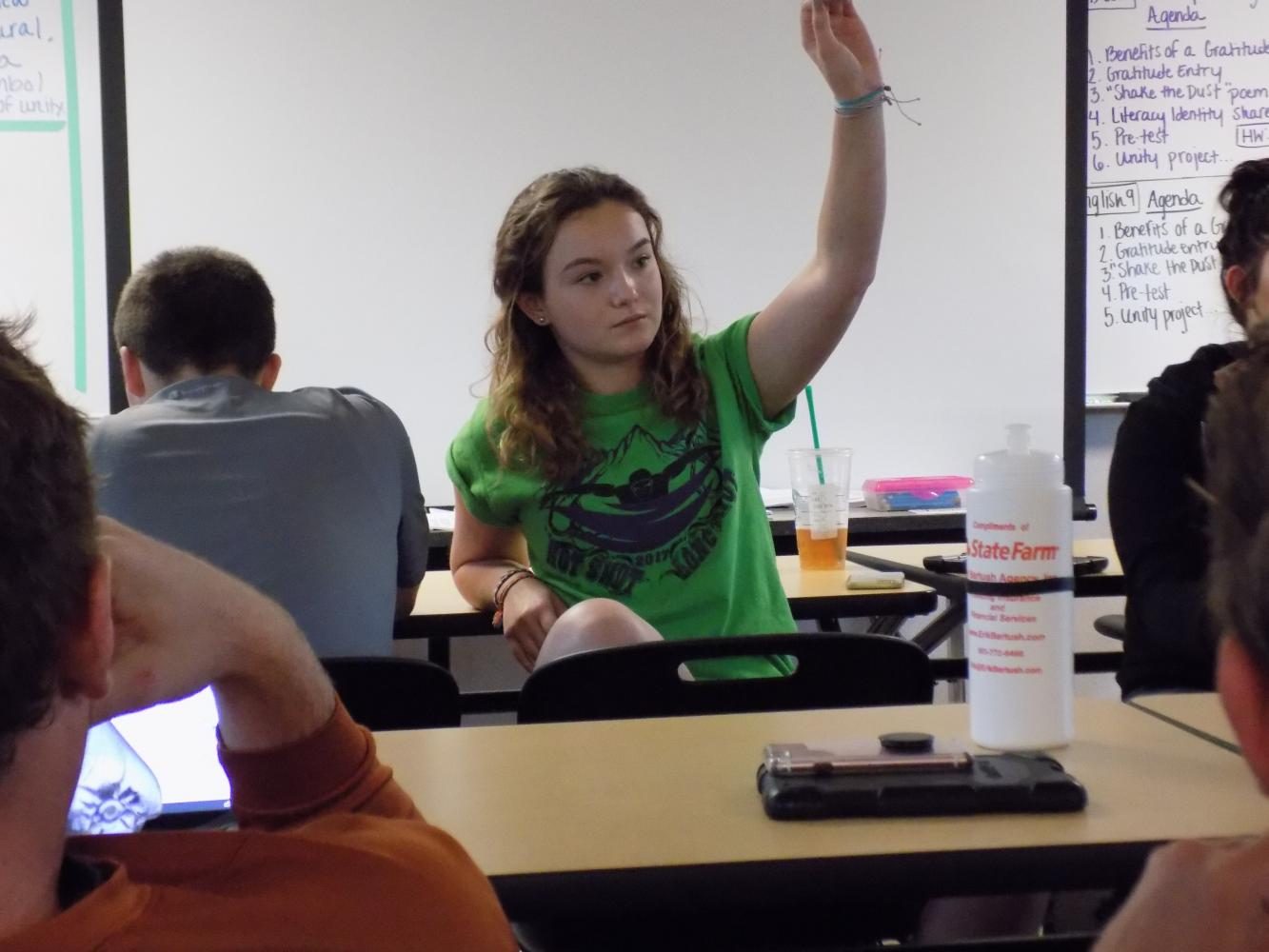

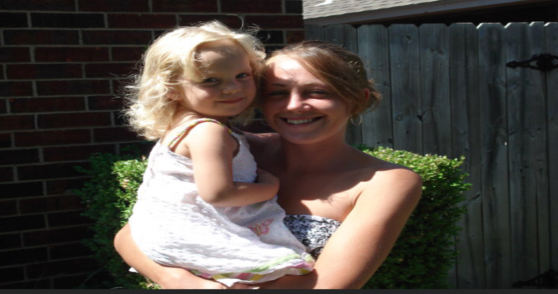
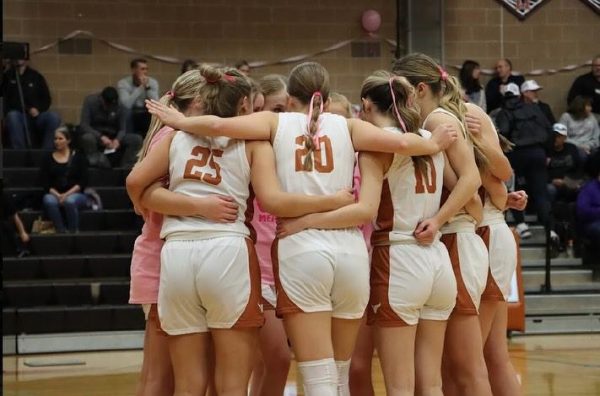

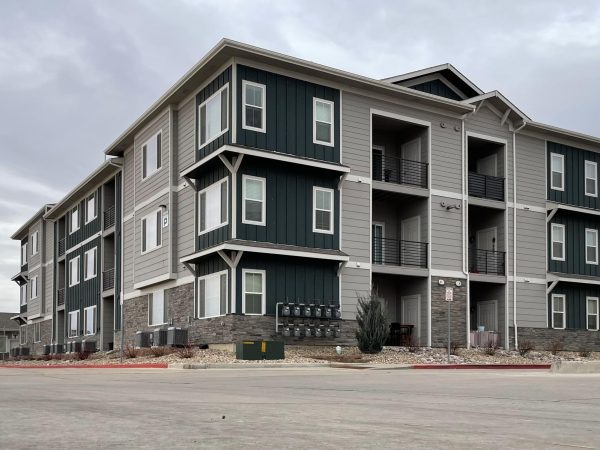




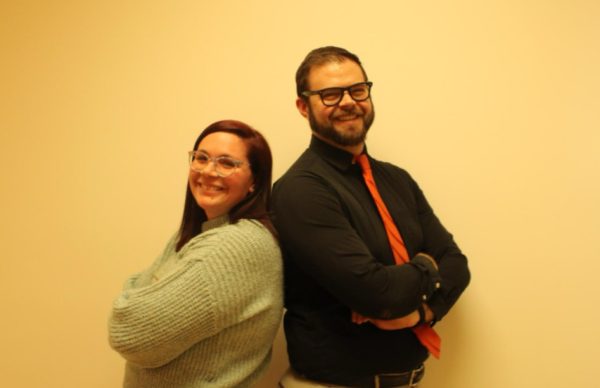
Mr. Parsons • Sep 28, 2017 at 9:34 am
I’ve been hearing good things about this class from every student I’ve talked to, and this article illustrates that point well. Good job!